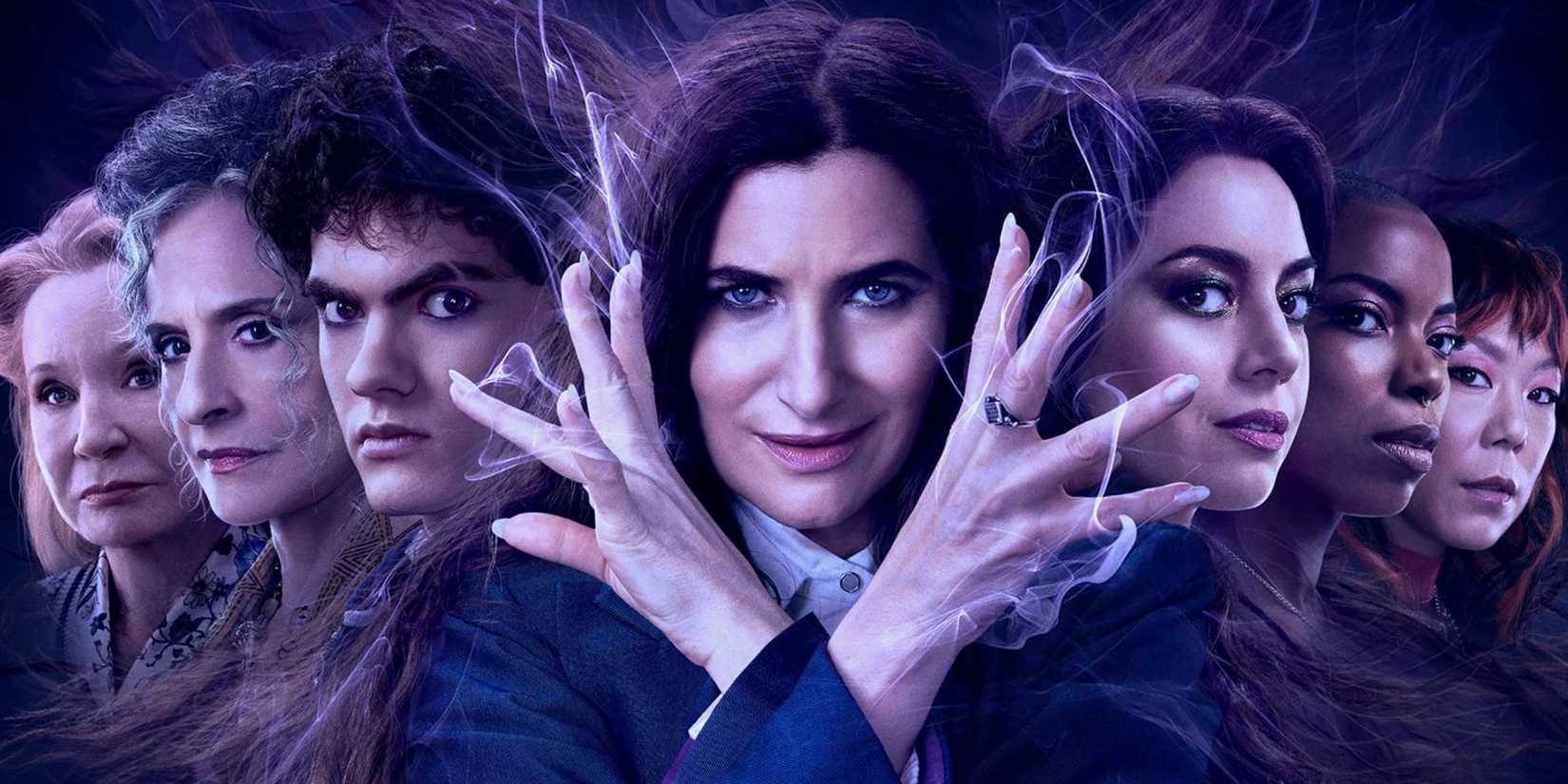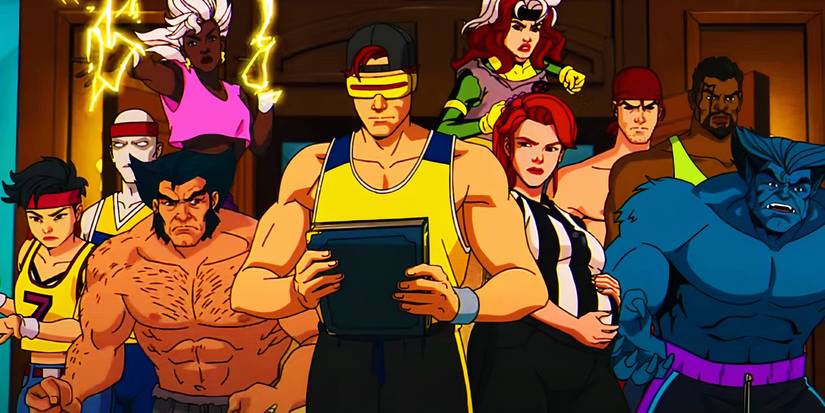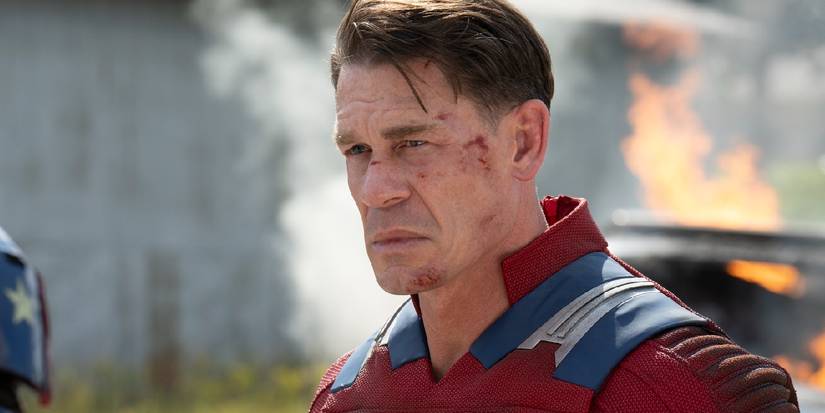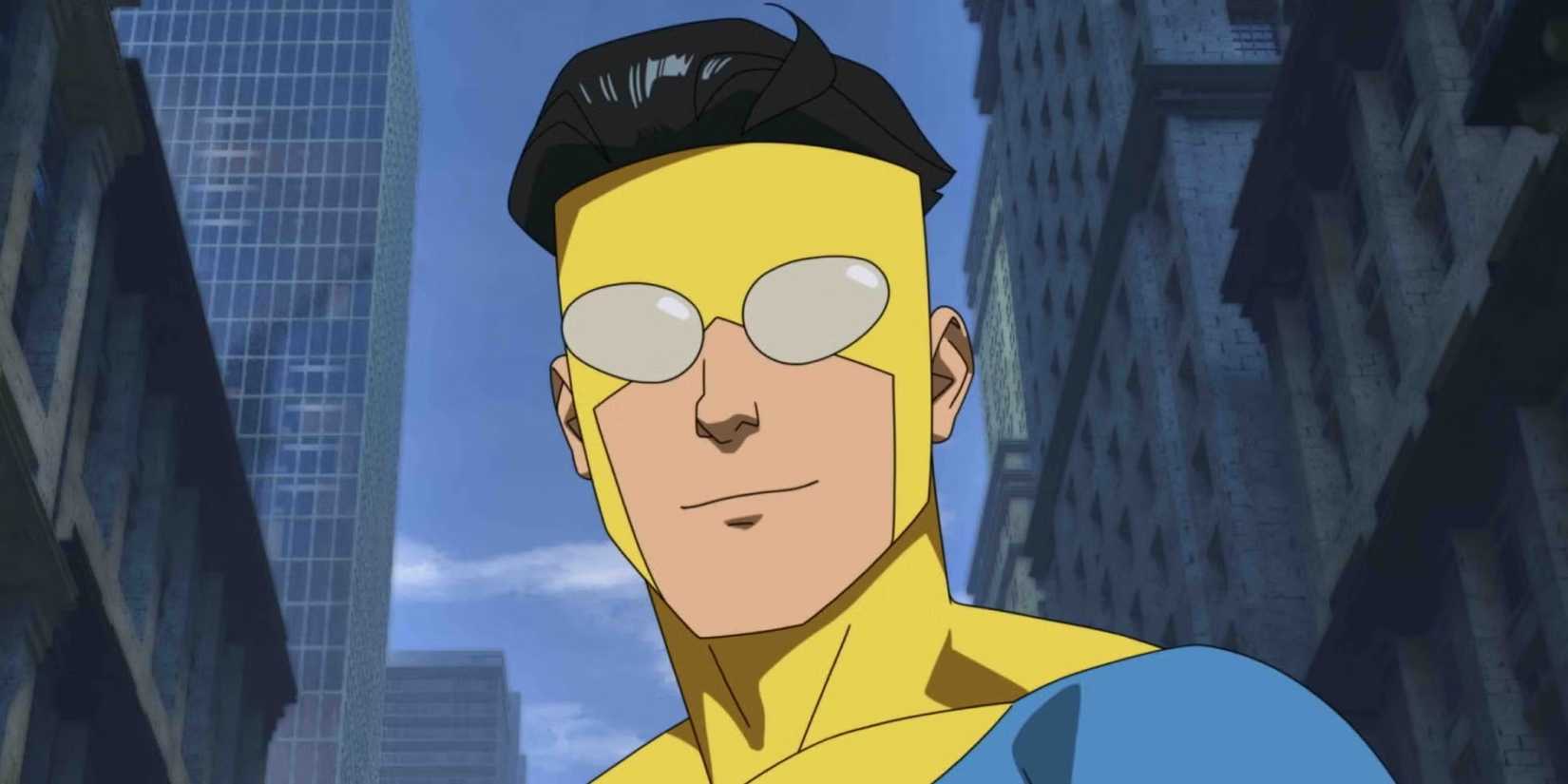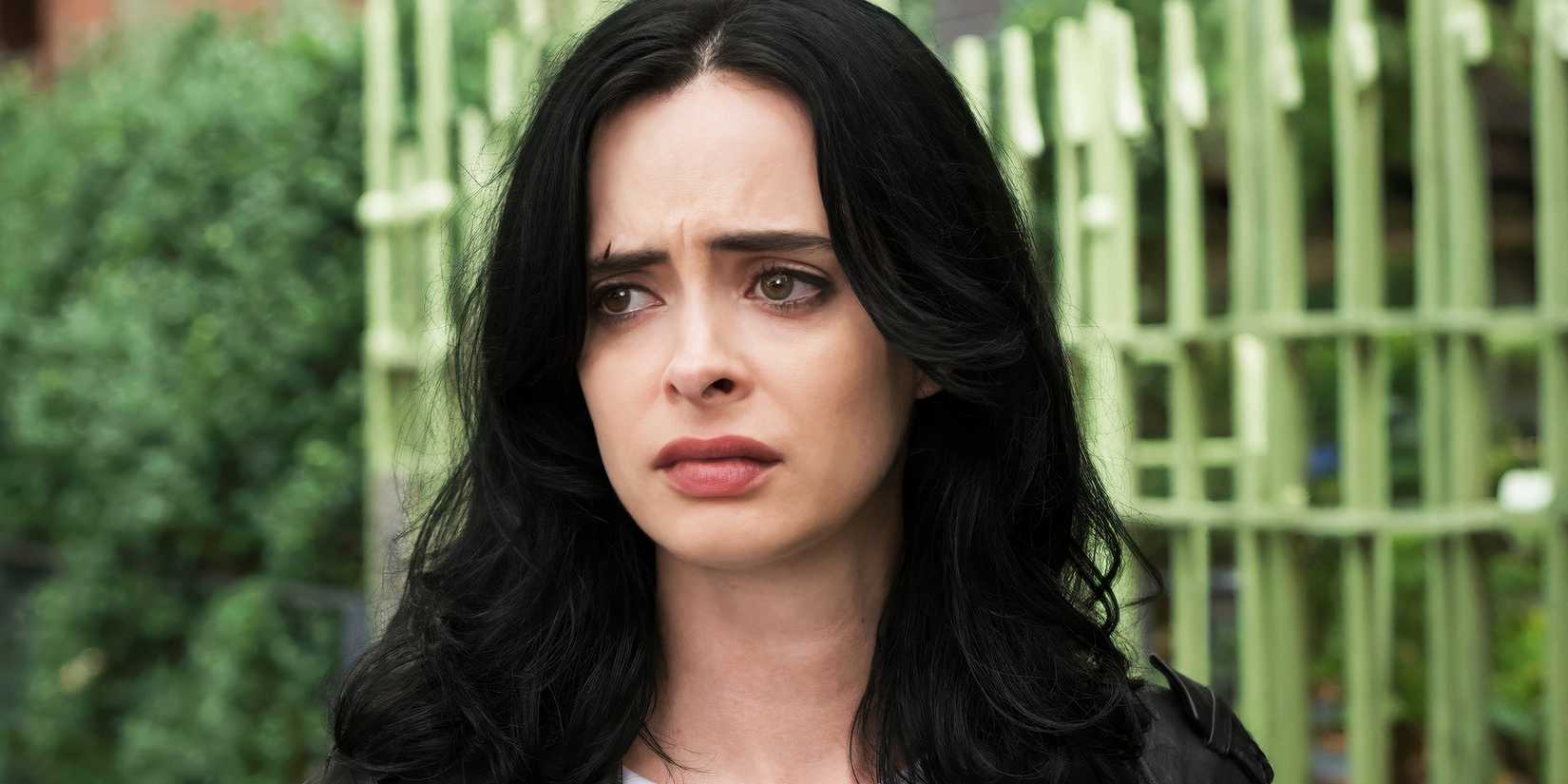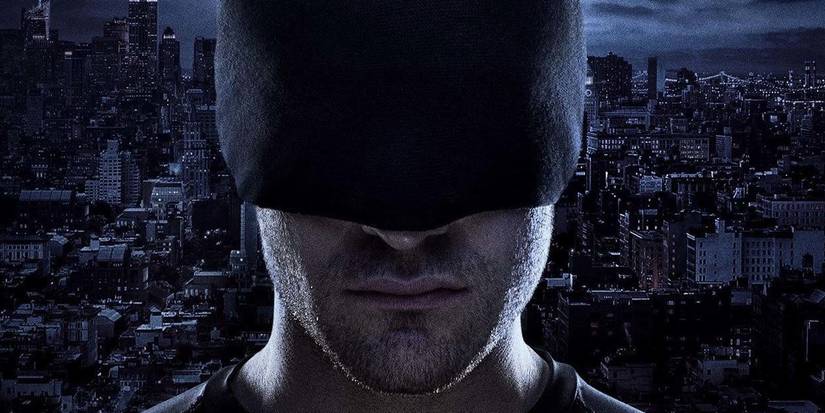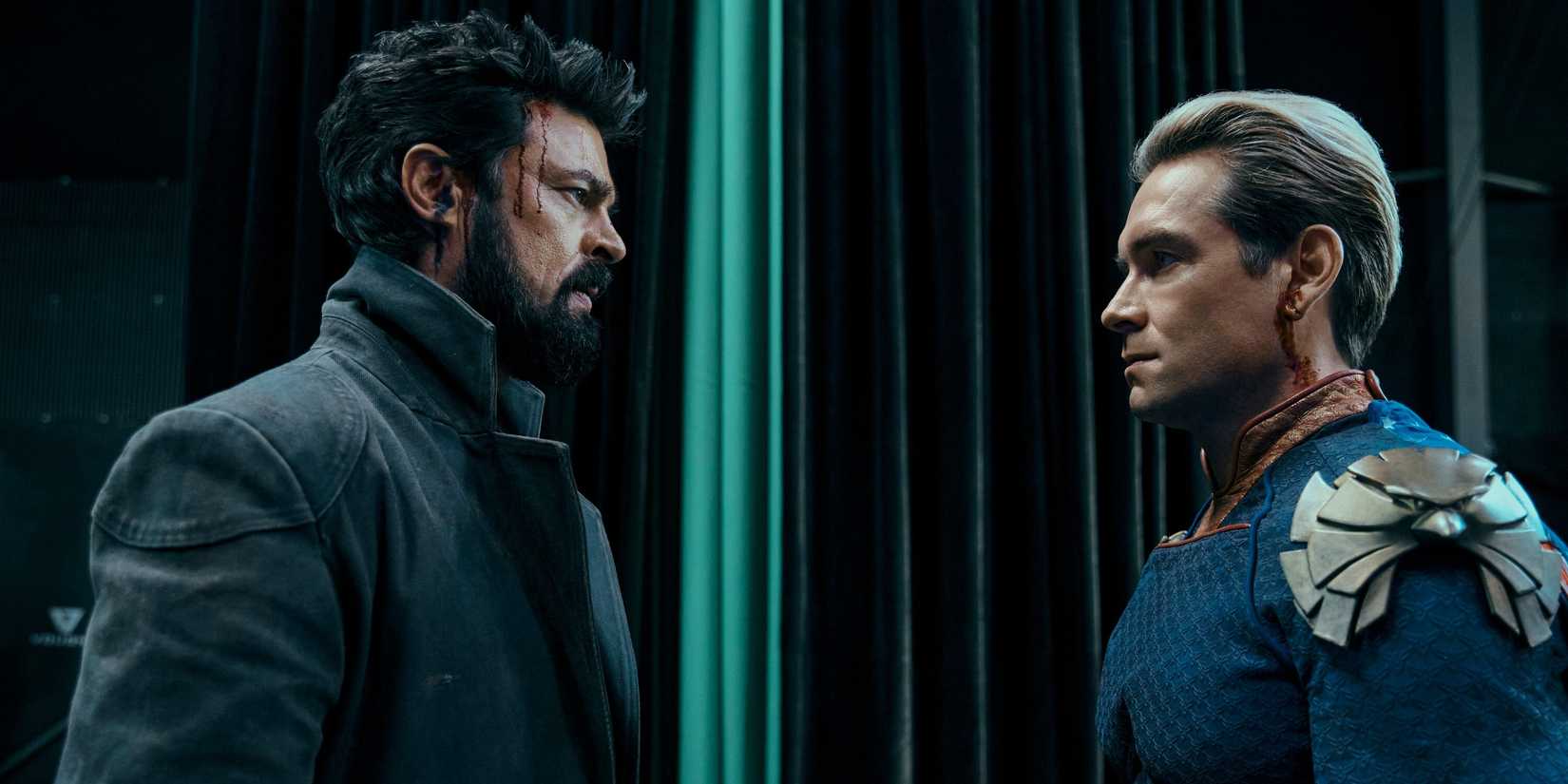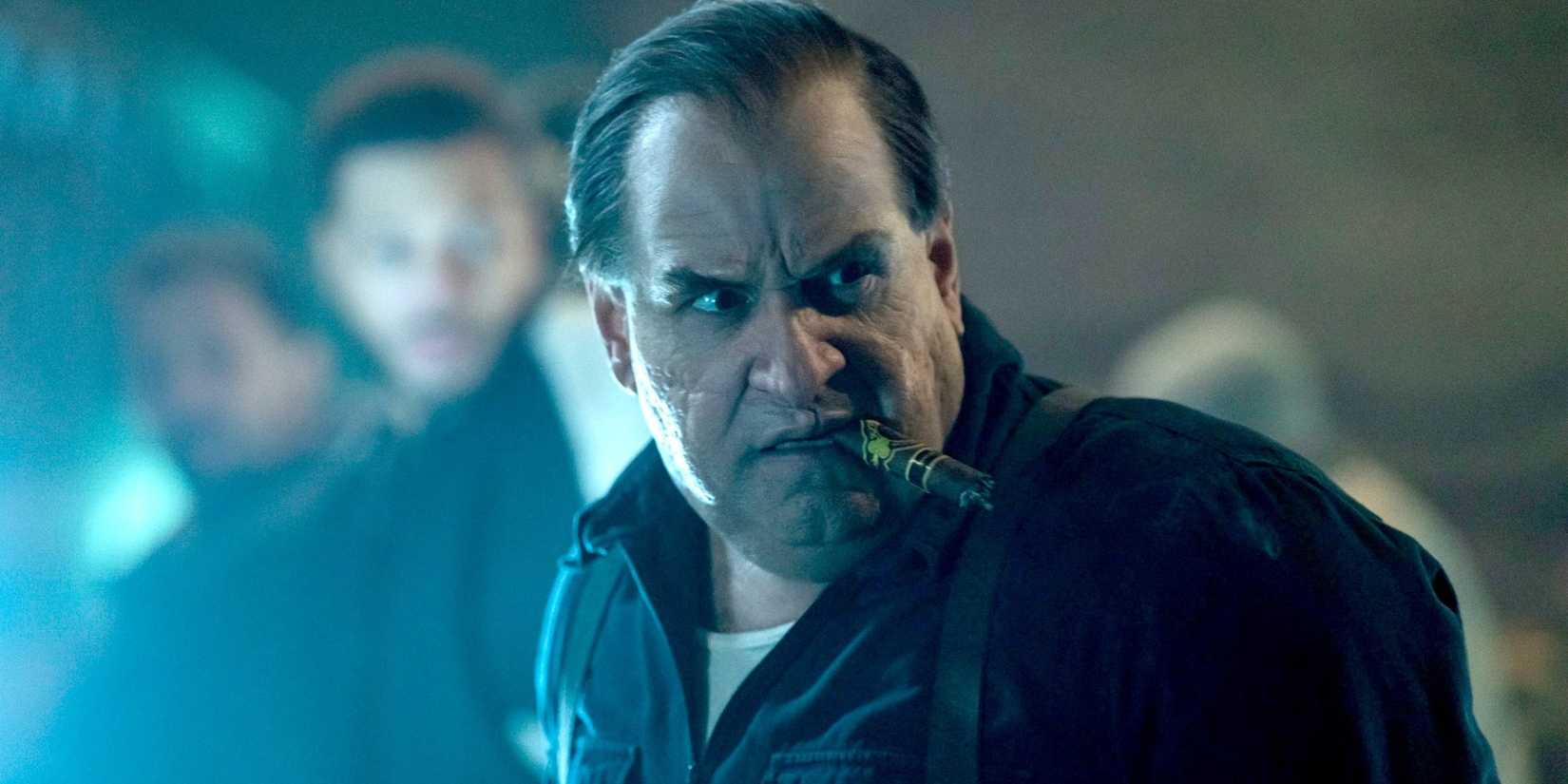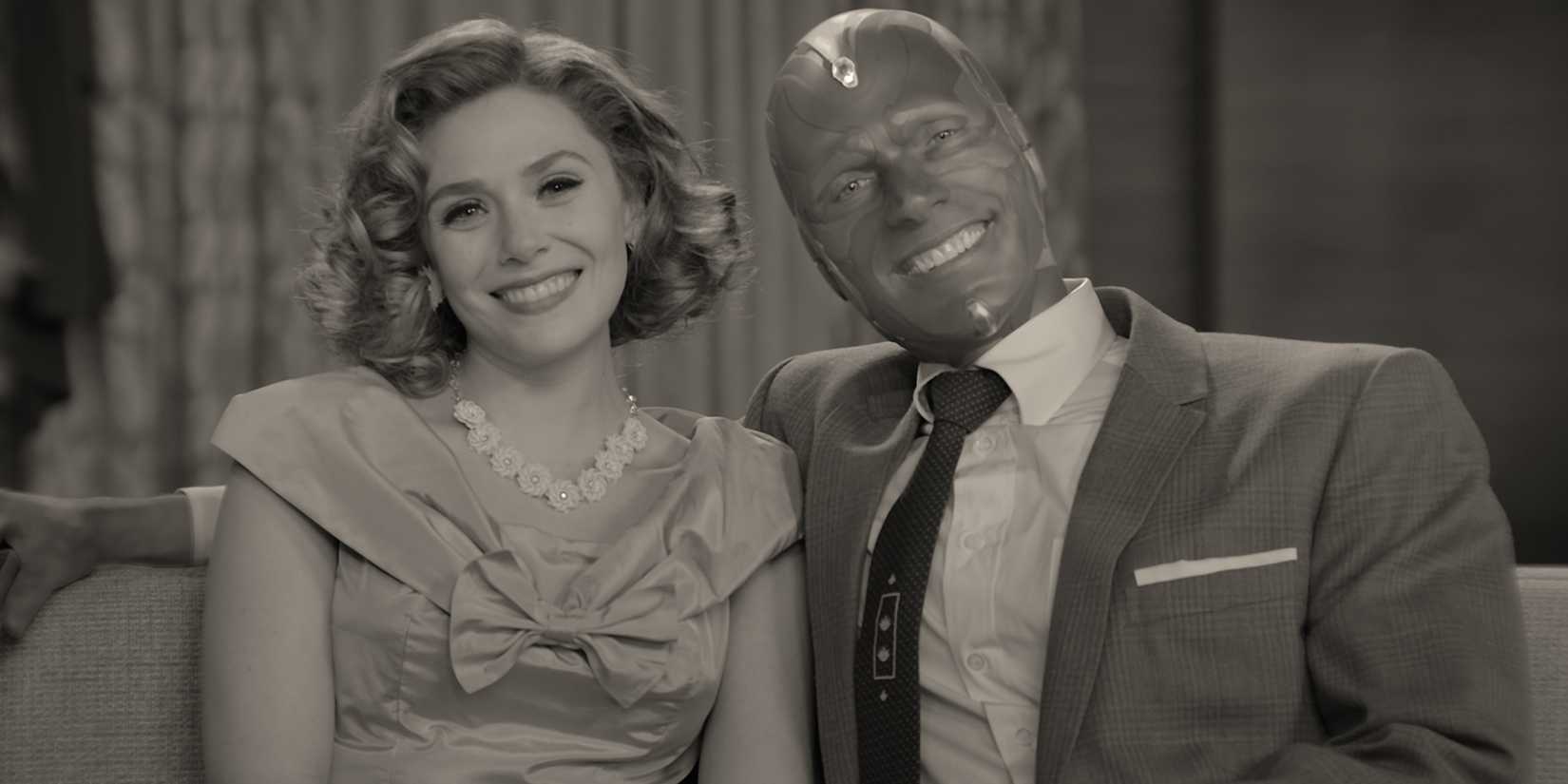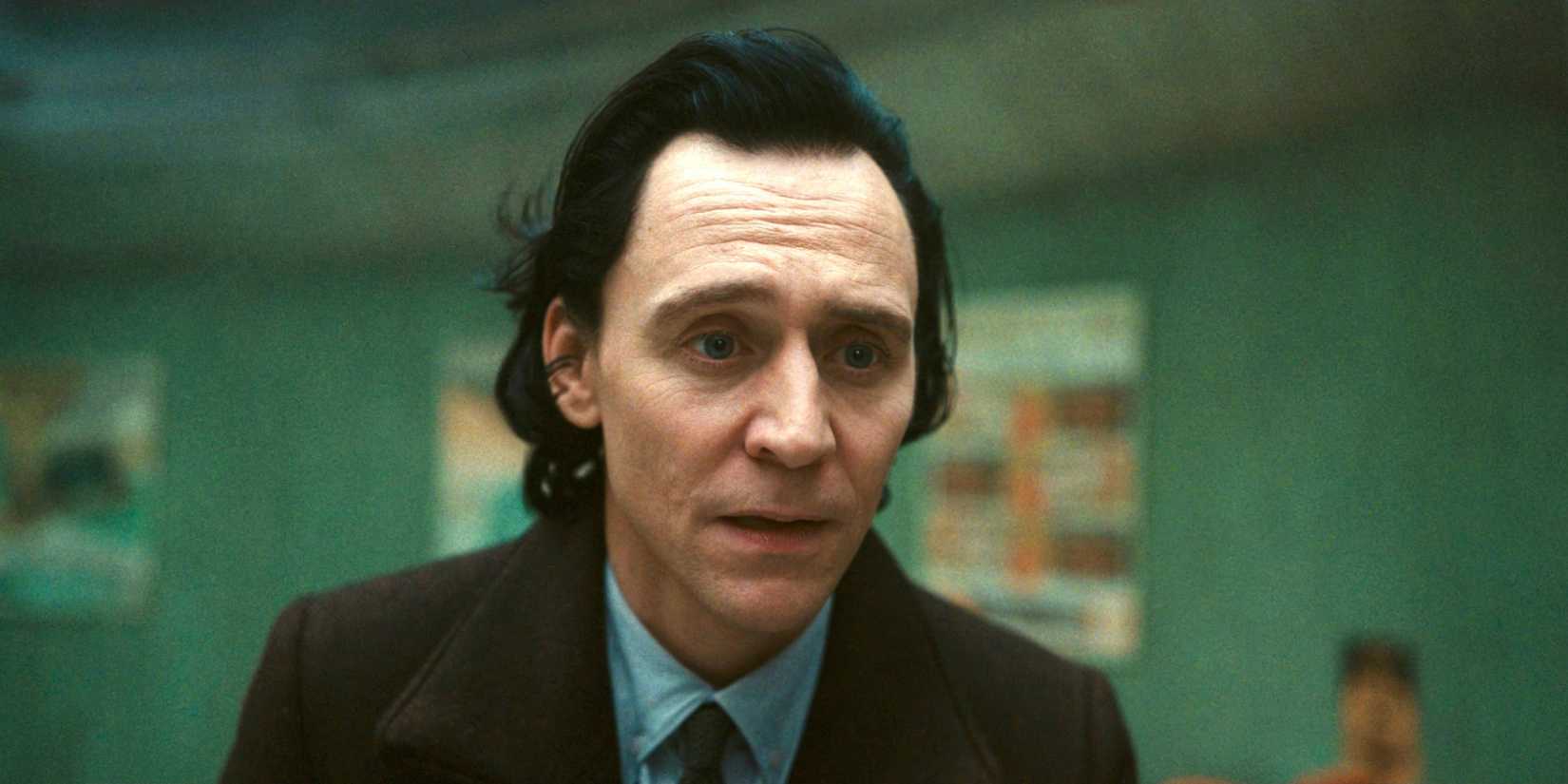The past decade has seen superhero television evolve from simple spin-offs into cinematic powerhouses in their own right. These Marvel and DC shows didn’t just adapt comic books – they reinvented them, bringing emotional depth, inventive visuals, and sharp social commentary to the small screen. Across streaming platforms and networks, the genre has found new life in the last 10 years.
Superhero television has flourished through bold storytelling and risk-taking creators who treated superheroes not just as icons, but as complex characters in richly developed worlds. The greatest range from animation that rivals film to live-action dramas with prestige-level writing. These series prove that superhero storytelling can be as artistically ambitious as any other genre.
Agatha All Along (2025)
Agatha All Along reimagines the MCU’s witchiest villain as a darkly comedic antihero in a genre-blending series that’s equal parts camp mystery, musical, and gothic satire. Kathryn Hahn commands every scene. Utterly transfixing, she infuses Agatha Harkness with charisma and biting humor while peeling back her layers of loneliness and ambition.
The show’s strength lies in its tonal agility. Agatha All Along is mischievous and macabre, but also deeply emotional, exploring power and self-discovery through a magical lens. Stylish production design and inventive spellcraft visuals make every episode feel like a twisted fairy tale.
Beneath the spectacle, Agatha All Along cleverly expands the MCU’s supernatural corner while standing entirely on its own. It’s a rare spin-off that justifies its existence by giving a supporting character true narrative depth. Meanwhile, Hahn herself proves charisma can be the most powerful magic of all.
X-Men ’97 (2024-)
X-Men ’97 revived a beloved ‘90s classic with reverence and reinvention in equal measure. Picking up right where X-Men: The Animated Series left off, it honors the original’s serialized storytelling and emotional complexity while modernizing the animation and pacing for a new generation. What makes X-Men ’97 a masterpiece is its confidence.
X-Men ’97 boldy introduces Jean Grey’s clone, Madelyn Pryor, throwing years of X-Men: TAS into question. It brazenly kills-off the original’s undisputed fan favorite in its fifth episode. It even adapts one of Wolverine’s most infamous scenes when Magneto rips his adamantium skeleton from his body.
While X-Men ’97 retained everything that made the original so thrilling (including the iconic theme tune), it also aged with its audience. This allowed X-Men ’97 to amplify themes of grief, prejudice, and identity. It’s not just a revival. X-Men ‘97 is proof that superhero animation can carry weight and heart without losing what made audiences fall in love decades ago.
Peacemaker (2022-)
James Gunn’s Peacemaker turns one of DC’s most absurd antiheroes into a surprisingly layered and emotional protagonist. John Cena gives a career-best performance as Christopher Smith, a man trying to reconcile his violent upbringing with his desperate need to be loved. The series mixes Gunn’s trademark humor and absurdity with moments of raw vulnerability.
These create a tonal cocktail that shouldn’t work but absolutely does. Peacemaker is gleefully profane and absurdly violent yet packed with heart. The supporting cast (particularly Danielle Brooks and Freddie Stroma) elevates every scene, turning the show into a chaotic family drama disguised as a superhero comedy.
Beneath the explosions and killer soundtrack, Peacemaker is ultimately about redemption, self-awareness, and breaking free from toxic cycles. It’s the rare spin-off that surpasses its original film (The Suicide Squad) in both substance and soul. Indeed, Peacemaker was so effective it was the only real survivor of the DCU reboot.
Invincible (2021–Present)
Invincible exploded onto the scene as one of the boldest superhero adaptations ever made. What begins as a traditional coming-of-age story quickly unravels into a violent, emotional epic about power, legacy, and the cost of idealism. Steven Yeun’s voice performance as Mark Grayson anchors the chaos, grounding the show’s shocking brutality with genuine heart.
The animation, inspired by Robert Kirkman’s comic, evolves from colorful heroics into haunting imagery of moral collapse. What makes Invincible so brilliant is its refusal to simplify its themes. It’s both a love letter to and a deconstruction of superhero myths.
Every battle in Invincible has consequences. Every choice echoes throughout worlds. With unforgettable twists, complex family dynamics, and an unflinching look at heroism’s price, Invincible proves animation can deliver emotional punches as hard as any live-action counterpart.
Jessica Jones (2015–2019)
Before the MCU’s extensive Disney+ output, Jessica Jones stood out as a noir-inspired masterpiece that blended comic-book drama with psychological depth. Krysten Ritter’s performance as the hard-drinking, trauma-scarred private investigator remains one of Marvel’s finest. The show’s first season, in particular, is a study in control and manipulation.
David Tennant’s Kilgrave is a villain both terrifying and hauntingly human. Jessica Jones doesn’t rely on flashy powers or big battles; its strength lies in dialogue, mood, and character. Jones herself rarely flexes her powers in her solo series, instead offering a former superhero trying to move on from her past.
Jessica Jones dares to explore trauma, consent, and self-destruction within a superhero framework, something almost unheard of at the time. Visually stylish and emotionally unflinching, it brought a rare realism to the genre. Nearly a decade later, Jessica Jones still feels ahead of its time – a gritty, grown-up superhero story that understands power on every level.
Daredevil (2015–2018)
Marvel’s Daredevil set the standard for grounded, mature superhero storytelling. Charlie Cox’s portrayal of Matt Murdock blends faith, pain, and fury into a layered performance that feels more like a prestige drama than a comic-book adaptation. The series’ fight choreography, particularly the iconic hallway sequences, redefined action on television.
Daredevil proved that superhero action could be aimed squarely at an adult audience and triumph, paving the way for Deadpool and Logan. Yet Daredevil’s real strength lies in its emotional complexity. It’s a battle between morality and obsession.
Vincent D’Onofrio’s Wilson Fisk is utterly compelling, bringing operatic depth to the role of a crime lord torn between love and control. D’Onofrio’s Fisk is completely terrifying but becomes strangely endearing. Daredevil didn’t just prove superhero TV could be cinematic – it proved it could be art, setting the subsequent boom in motion.
The Boys (2019–Present)
The Boys turned the superhero genre inside out with savage wit and scathing social commentary. Eric Kripke’s adaptation of Garth Ennis’ comic book transforms costumed saviors into corporate products, exposing the corruption behind the cape. Karl Urban’s Butcher and Antony Starr’s chilling Homelander lead a cast of morally fractured characters, blurring the line between hero and monster.
This initial premise is complemented by a degree of violence and gore that was shocking for superhero adaptations at the time. From its very first episode, The Boys relishes in extreme splatter, and it only gets worse. Yet beneath this spectacle is an astute satire that explores political and corporate corruption, systemic racism, authoritarianism, fame, and many more.
This focus on contemporary issues through a hyper-violent superhero lens made The Boys one of the most celebrated superhero shows today. It has spawned an entire franchise, with several spin-off series and appearances in numerous video games. In an era flooded with superhero content, The Boys remains unmatched in its ability to make audiences cheer (and flinch) in equal measure.
The Penguin (2025)
The Penguin expands Matt Reeves’ gritty Gotham universe by turning one of Batman’s most iconic villains into the tragic antihero of his own crime saga. Colin Farrell completely disappears into Oz Cobb, delivering a powerhouse performance that’s equal parts cunning, broken, and oddly sympathetic. The series plays less like a superhero story and more like a gangster epic.
It’s essentially The Godfather set in Gotham City – and it delivers in spades. The slow-burn narrative explores power and loyalty in the aftermath of chaos, positioning Cobb as both predator and survivor. Farrell and the series are both so enthralling that it’s impossible not to root for Cobb.
He becomes likable, and it’s easy to forget that the series is building to Cobb becoming the ruthless and wicked Penguin (though the final episode dispels any doubt). The Penguin benefits from a character-led approach, bolstered greatly by the impeccable ensemble cast. It’s a reminder that great superhero storytelling doesn’t always need heroes to shine.
WandaVision (2021)
Marvel’s WandaVision was a bold experiment that paid off spectacularly. What began as a quirky sitcom homage gradually unraveled into one of the MCU’s most emotionally resonant stories. Elizabeth Olsen gives a career-defining performance as Wanda Maximoff, exploring grief and denial through decades of television tropes.
Each episode moves into a different era of television sitcom, both in terms of narrative approach and technological ability. It offered a layered study of loss wrapped in pop-culture nostalgia. Paul Bettany’s Vision complements Olsen beautifully, turning a synthezoid romance into something deeply human.
WandaVision blurred the line between genre and art, using TV itself as a metaphor for control and escape. It’s a staggeringly bold move for the MCU’s debut Disney+ series, shifting the blockbuster spectacle to something distinctly televisual. From the very first episode, it’s clear that WandaVision is doing something incredibly unique.
Loki (2021–2023)
Loki proved that character reinvention can be the MCU’s greatest strength. Tom Hiddleston’s return as the God of Mischief transformed the fan-favorite trickster into one of the most complex characters in superhero television. What begins as a cosmic chase through timelines evolves into a philosophical examination of identity, fate, and free will.
The retro-futuristic design, witty dialogue, and emotional depth give Loki a timeless quality. Owen Wilson’s Mobius provides perfect balance to Loki’s chaos, grounding the metaphysical stakes in human connection. It dares to ask big questions, primarily, can destiny be rewritten, or is it just another illusion?
With stunning visuals and character-driven storytelling, Loki delivers both spectacle and substance. The beautiful season 2 finale offered the MCU’s most unexpectedly compelling character arcs, turning the classic Phase 1 villain into one of the Multiverse Saga’s most noble players. It’s a rare superhero show that makes viewers think as much as it thrills, redefining what the MCU could offer.



